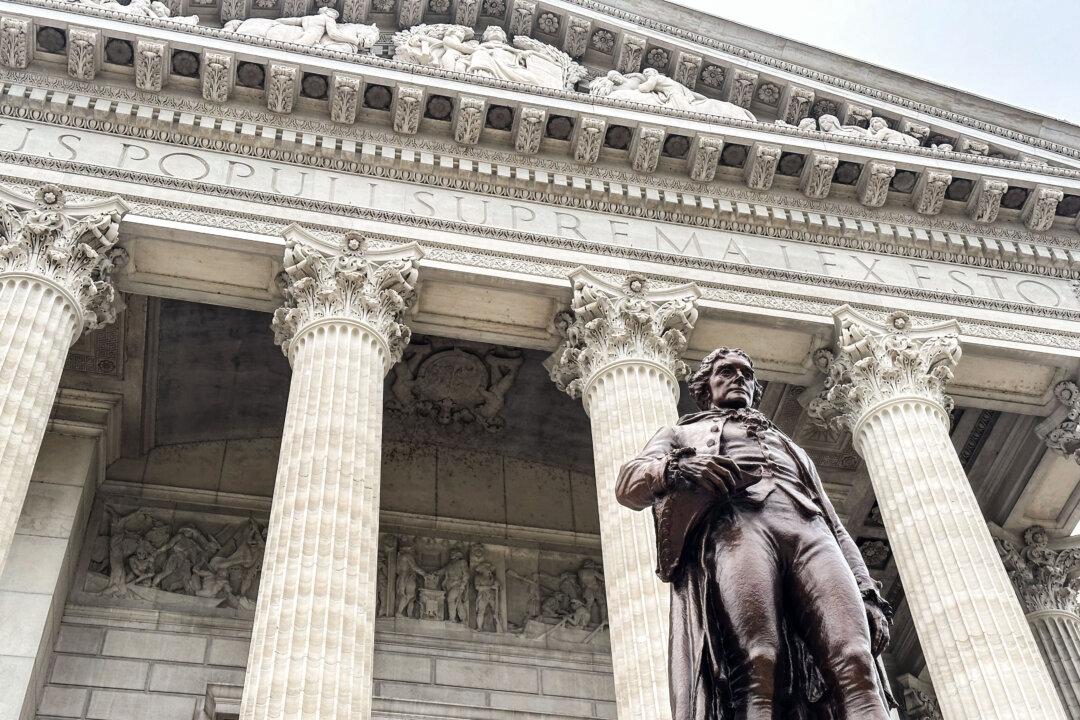A Missouri judge has upheld the state’s law that bans transgender procedures for children.
In a ruling handed down on Monday, Judge R. Craig Carter of the Circuit Court of Cole County, Missouri, said the challenge failed to substantiate multiple arguments, including that there exists a medical consensus on whether using drugs and surgeries to treat adolescent gender dysphoria is ethical.





